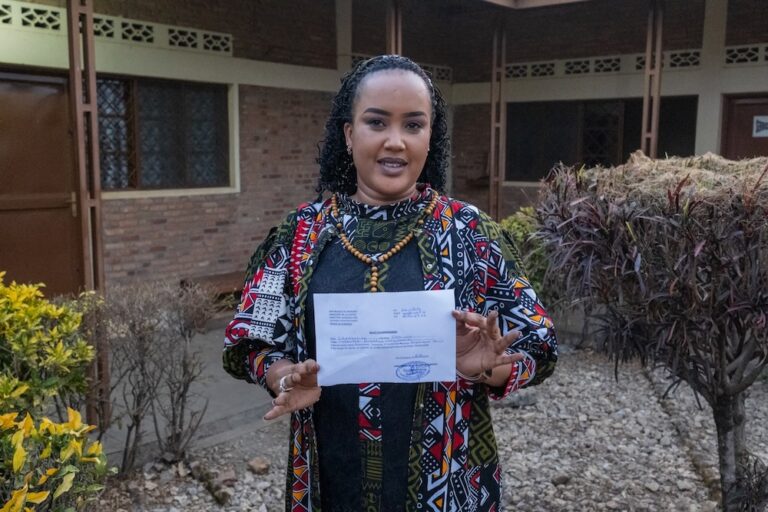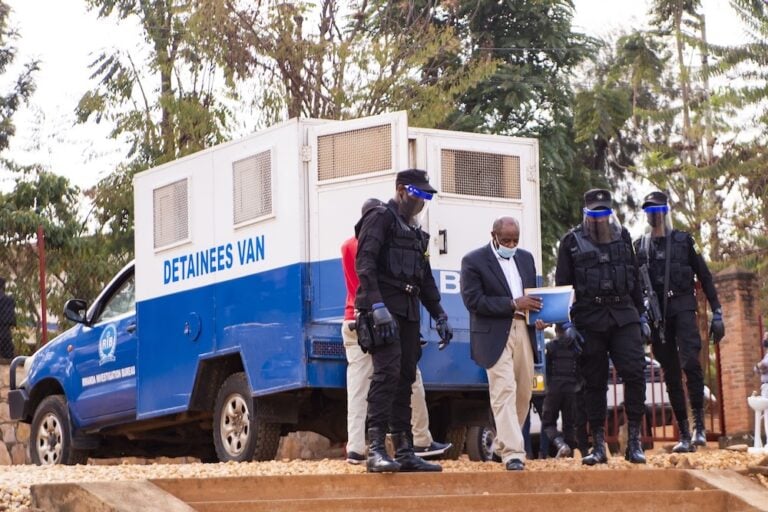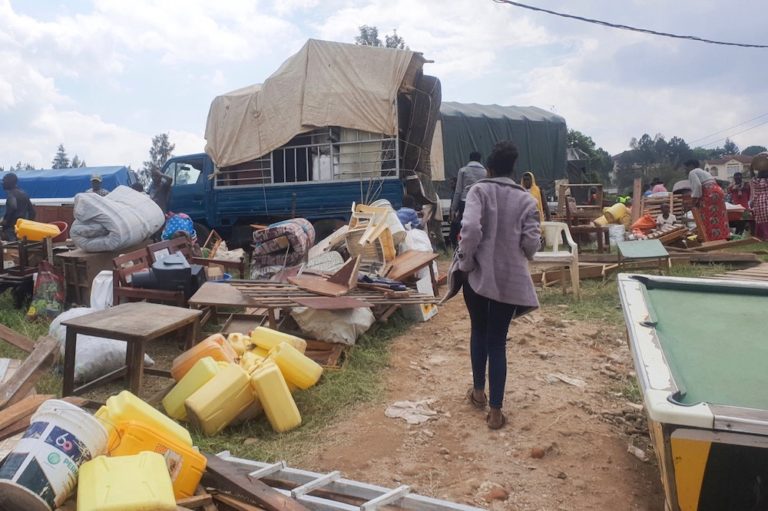ARTICLE 19 welcomes several improvements in the draft, but calls on the government to bring the law into full compliance with international legal standards on the right to freedom of expression.
(ARTICLE 19/IFEX) – 5 January 2012 – A revised media law promised by the Rwandan government prior to and during its Universal Periodic Review at the UN Human Rights Council in 2011 fails to safeguard the right to freedom of expression and a free media. ARTICLE 19 welcomes several improvements in the draft, but calls on the government to bring the law into full compliance with international legal standards on the right to freedom of expression.
The State retains its control over the media in the draft Law by determining rules for its operation and defining journalists’ professional standards. Media freedoms and the right to freedom of expression are not safeguarded and can be restricted in violation of international law due to overly broad definitions and the creation of vaguely defined prohibitions. The Minister in charge of information and communication technologies (ICT) is given unlimited powers to determine the requirements for establishing media outlets and conditions for accepting foreign audio-visual media to operate in Rwanda. ARTICLE 19 is also concerned that the proposed amendments leave untouched problematic provisions in the current Media Law that are not in compliance with international standards.
The draft Law amending the 2009 Media Law of Rwanda includes nine articles covering legal definitions, the right to exercise the profession of a journalist, the right to seek redress, requirements for launching an audio or audiovisual media outlet, licensing for foreign audio visual media organs to operate in Rwanda and penalties for crimes committed through the media. The Media Law is a comprehensive legal act containing ninety-nine provisions which determine “the responsibilities, the structure and functioning of the media”. It regulates the establishment and functioning of media outlets, including Internet publications. In addition, it regulates the status of journalists, outlines press offenses, and describes the liability regime for media and journalists and the rights to correction, reply and refutation.
(. . .)
Click here to read further details of the draft law and ARTICLE 19’s recommendations


